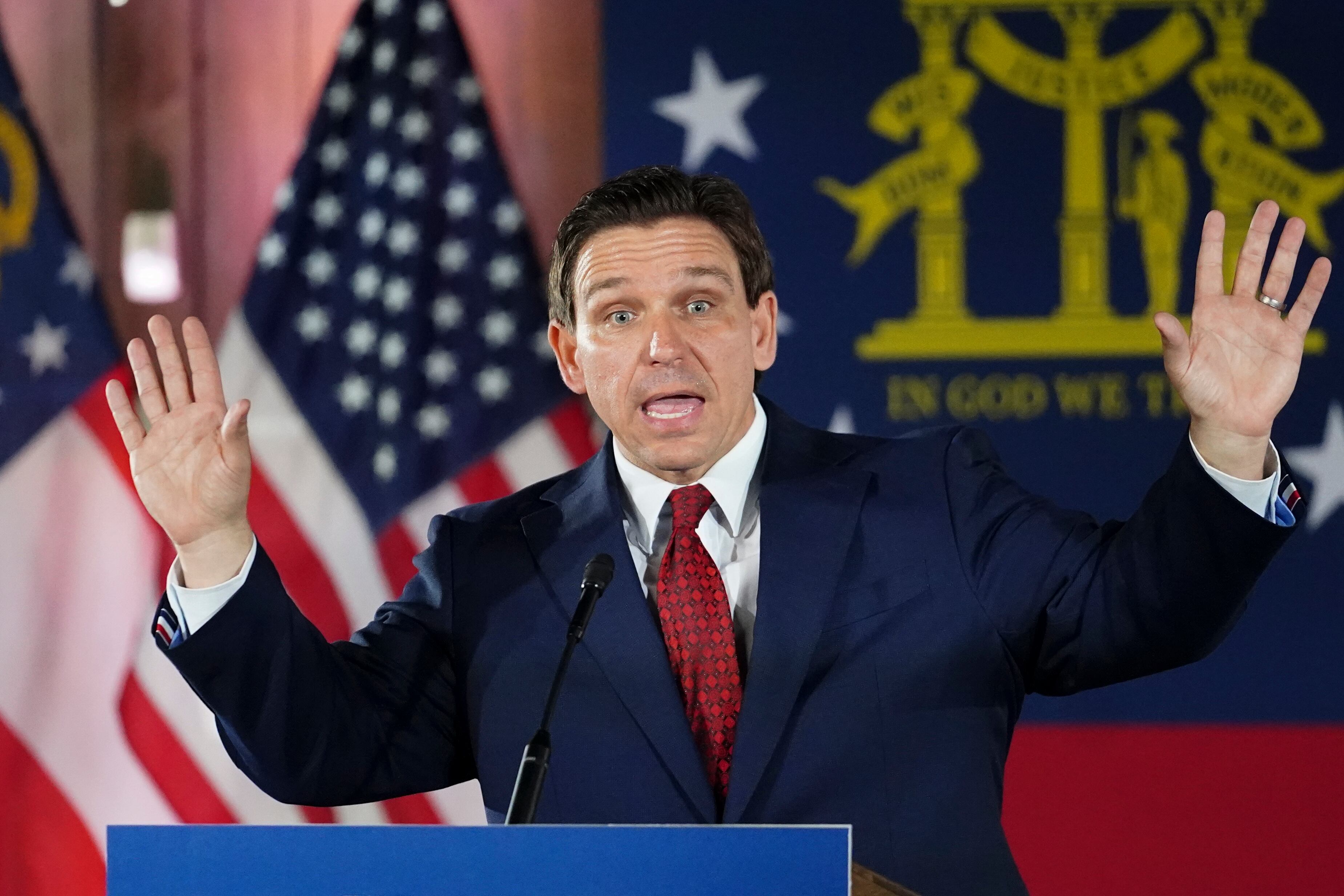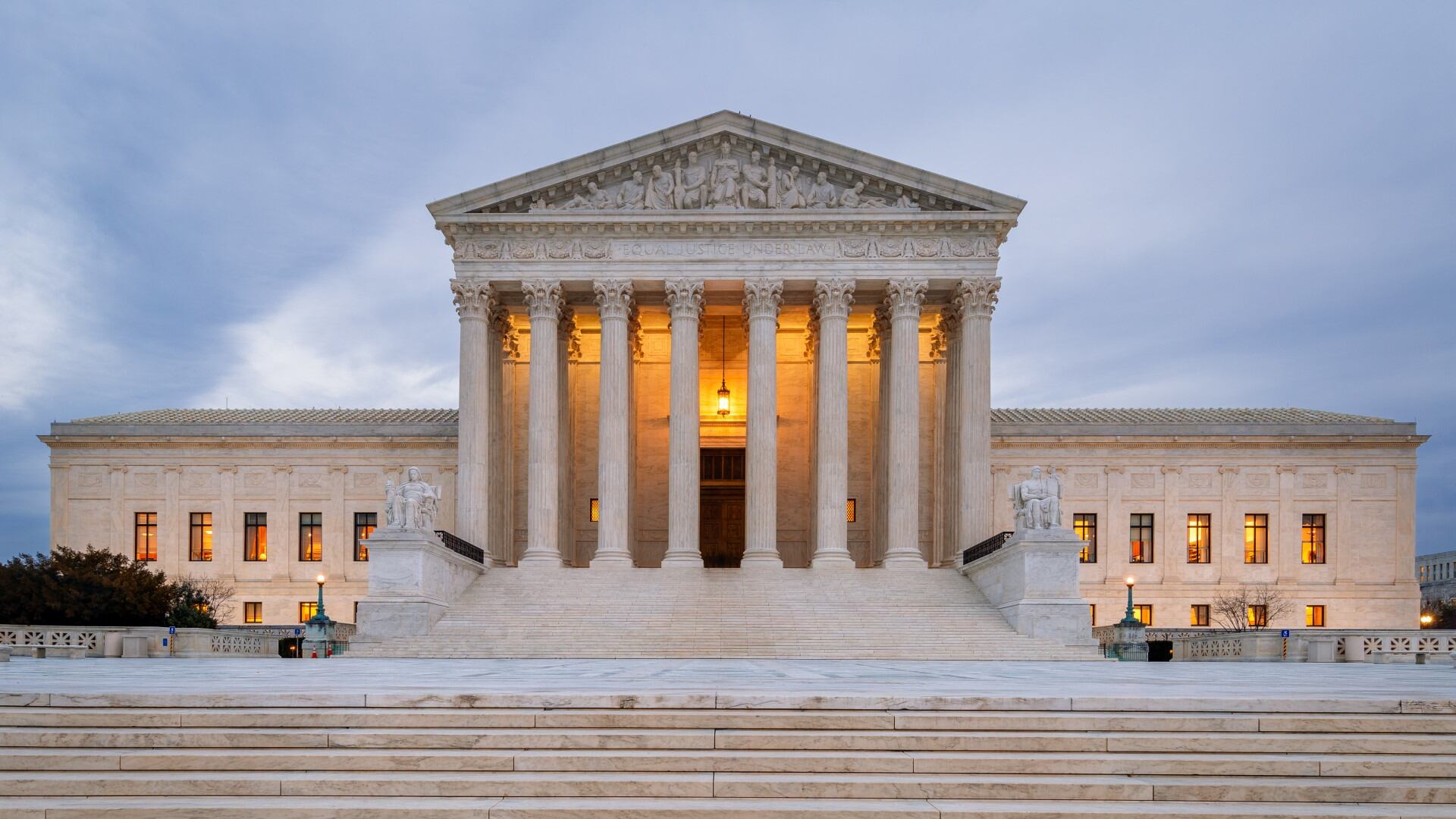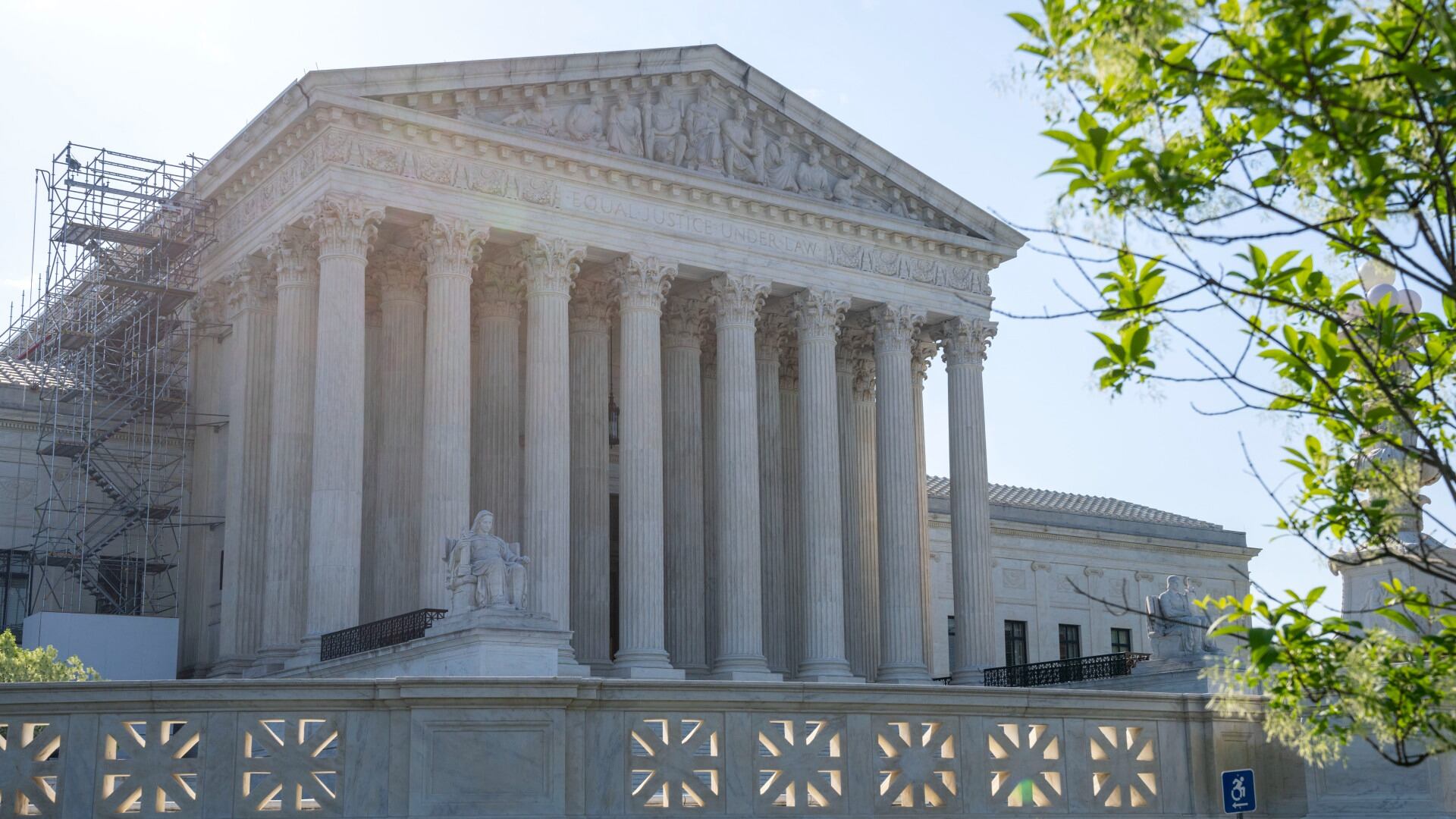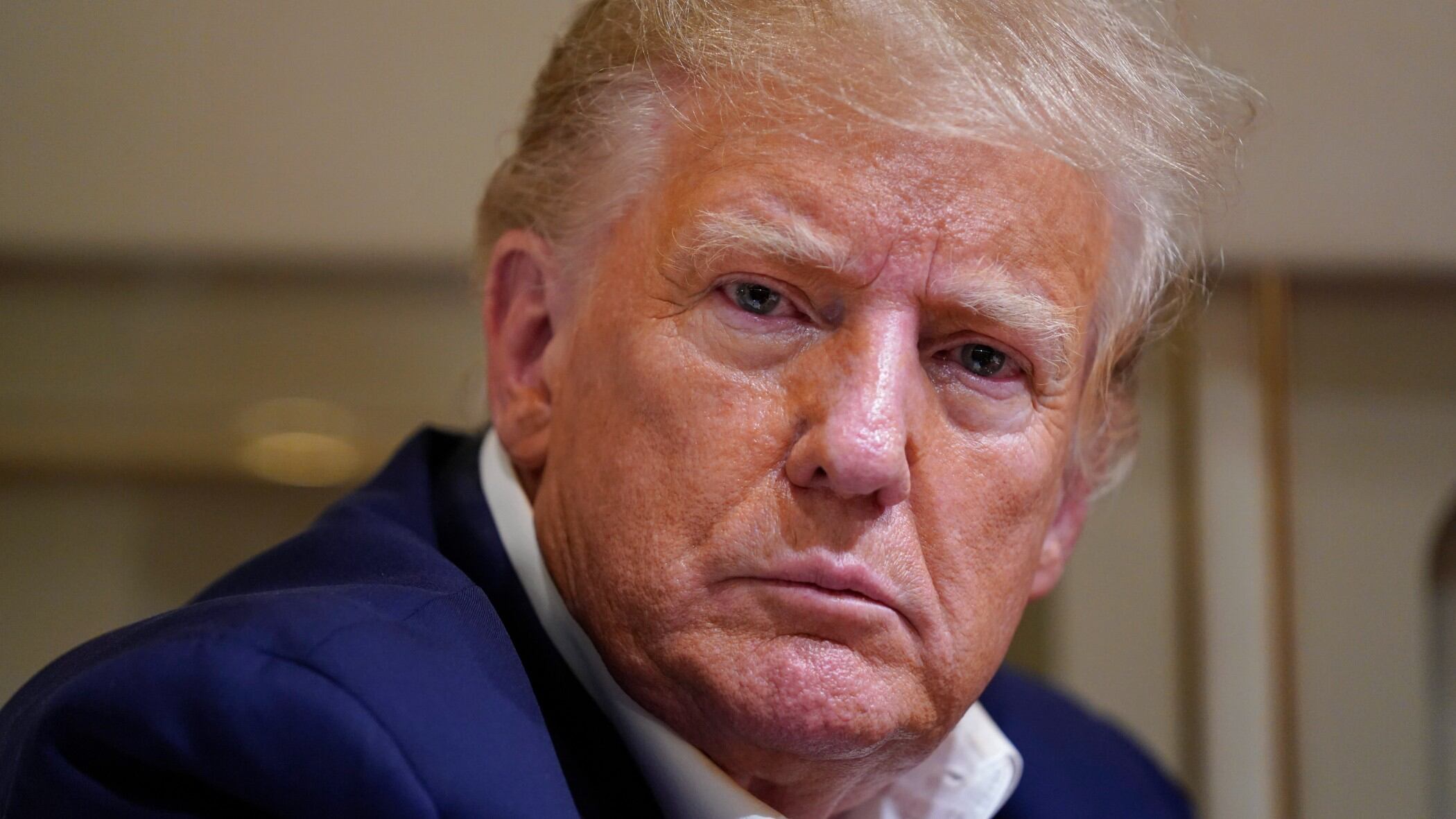By Kevin Freking
The House Ethics Committee in a scathing report Thursday said it has amassed “overwhelming evidence” of lawbreaking by Republican Rep. George Santos of New York that has been sent to the Justice Department, concluding flatly that he “cannot be trusted” after a monthslong investigation into his conduct.
Shortly after the panel's report was released, Santos blasted it in a tweet on X as a “politicized smear” but said he would not be seeking reelection to a second term. He gave no indication, however, that he would step aside before his term ends next year, vowing to pursue his “conservative values in my remaining time in Congress.”
But a renewed effort to expel him from the House was quickly launched. The House could vote on his expulsion as soon as it returns from the Thanksgiving holiday later this month.
The panel said that Santos knowingly caused his campaign committee to file false or incomplete reports with the Federal Election Commission, used campaign funds for personal purposes and violated the Ethics in Government Act with financial disclosure statements filed with the House.
“Representative Santos sought to fraudulently exploit every aspect of his House candidacy for his own personal financial profit,” an investigative subcommittee said in a 56-page report detailing its findings to the full Ethics Committee.
The ethics panel also detailed Santos’ lack of cooperation with its investigation and said he “evaded” straightforward requests for information. “Particularly troubling was Representative Santos' lack of candor during the investigation itself,” the committee determined.
The panel tasked with investigating the allegations against Santos provided him the chance to submit a signed, written statement in response to the allegations made against him, to provide documents responsive to the panel's request for information, and to provide a statement under oath. But he did not do so, the report said. The information that he did provide, according to the committee, “included material misstatements that further advanced falsehoods he made during his 2022 campaign.”
The committee's investigative panel said that without Santos' cooperation, it was unable to verify whether some expenses reported by his campaign were legitimate. But certain expenses on their face did not appear to have a campaign nexus. For example, it cited $2,281 spent at resorts in Atlantic City and $1,400 spent at a skin spa for what one spreadsheet described as “Botox.”
The panel also identified a $3,332 expense for a hotel stay, though the campaign's calendar indicated he was “off at the Hampton's for the weekend.” And there were tax and hotel charges on the campaign credit card from Las Vegas, during a time Santos told his campaign staff he was on his honeymoon and there were no corresponding campaign events on the calendar.
The report says that an investigative subcommittee decided to forgo taking steps that would have led to a lengthy sanctions hearing by the full Ethics panel, after which the panel could make recommendations about punishment to the full House. Instead, it urged House members “to take any action they deem appropriate and necessary” based on the report.
The findings by the investigative panel may be the least of Santos' worries. The congressman faces a 23-count federal indictment that alleges he stole the identities of campaign donors and then used their credit cards to make tens of thousands of dollars in unauthorized charges. Federal prosecutors say Santos, who has pleaded not guilty, wired some of the money to his personal bank account and used the rest to pad his campaign coffers.
Santos, who represents parts of Queens and Long Island, is also accused of falsely reporting to the Federal Election Commission that he had loaned his campaign $500,000 when he actually hadn’t given anything and had less than $8,000 in the bank. The fake loan was an attempt to convince Republican Party officials that he was a serious candidate, worth their financial support, the indictment says.
The Justice Department declined to comment about the ethics report, as did the Brooklyn U.S. attorney’s office, which is handling the case against Santos.
Earlier this week, a former fundraiser for Santos pleaded guilty to a federal wire fraud charge, admitting he impersonated a high-ranking congressional aide while raising campaign cash for the embattled New York Republican.
Santos easily survived a vote earlier this month to expel him from the House as most Republicans and 31 Democrats opted to withhold punishment while both his criminal trial and the Ethics Committee investigation continued. But the committee's report could prove to be a game-changer.
Rep. Susan Wild, for example, the ranking Democrat on the Ethics Committee, said she was no longer obligated to maintain neutrality because the committee's work is now complete.
“I intend to vote yes on any privileged expulsion resolution that is brought forward,” Wild said.
Expulsion, the sternest form of punishment, has occurred just five times in the history of the House — three times during the Civil War for disloyalty to the Union and twice after convictions on federal charges, most recently in 2002.
If Santos were to be expelled, it would narrow the GOP's already thin majority in the House, which now stands at 221-213. But many of his Republican colleagues from New York support booting Santos from the House as they seek to distance themselves from his actions.
While Santos now says he won't seek reelection, his campaign was already woefully short on resources and candidates from both parties were scrambling at the chance to challenge him. Campaign records show he had about $28,000 on hand at the end of the fundraising quarter ending Sept. 30, an incredibly small sum for an incumbent.
Associated Press staff writers Stephen Groves, Farnoush Amiri and Lisa Mascaro contributed to this report.












